| In early 1952, a new preacher arrives with his teenage son in a small town in northern Vermont from across the border in Montréal. Walt Andrews is hard-working, intelligent, friendly and enterprising. As a bonus, he’s good at sport. Most of the congregation is happy with his appointment, although some are offended by the colour of his skin. |
Welcome
I started this blog in 2013 to share my reflections on reading, writing and psychology, along with my journey to become a published novelist. I soon graduated to about twenty book reviews a month and a weekly 99-word story. Ten years later, I've transferred my writing / publication updates to my new website but will continue here with occasional reviews and flash fiction pieces, and maybe the odd personal post.
On trial for murder or the colour of his skin? A Stranger in the Kingdom by Howard Frank Mosher5/1/2024
4 Comments
These two recent reads are about challenging women’s traditional roles as homemakers in the mid twentieth century. The first focuses on the barriers facing a woman seeking a career in science in early 1960s America. The second follows the fortunes of three sisters and their mother as the times change in 1970s France.
Allow me to introduce two novels about the marginalisation of women’s experience: the first set in sixteenth century Strasbourg where the church rules hearts and minds; the second in contemporary a South Africa grappling with its colonial past. Both include a scene of arson, but that is not the worst of the violence.
Let me present two chunky novels, both published in the UK on 3rd February, about which I had some reservations but came to love. Despite a decade’s difference in age between the novels’ protagonists, both are coming-of-age stories in which an unexpected kind of love – or unconventional for their particular communities – teaches these young women about family, ambition, identity and themselves.
Here we have two novels about (celebrity, and the darker side of men whose virtue is part of their fame. In the first, translated from the Italian and set in Rome, an author, teacher and public intellectual can never completely relax into his positive reputation for fear a secret he shared with a former lover will be revealed. In the second, set in New York and rural Tamil Nadu, a young man brought up to believe he’s a living god has to decide whether to continue in the role his father and his followers have given him when he discovers the truth about himself.
I’m struck by the similarities between these two novels, despite being of different genres and set six centuries apart. Both are about men who take pride in their knowledge and intellect yet are blind to the biases that limit their understanding, particularly in relation to women and to physical health. The first is about a nuclear physicist dosing himself with radiation, the second about a young monk’s encounter with the Black Death.
I’m sharing my reflections on two books I read recently, which I enjoyed despite not being my usual reads. I bought them because they relate to my interest in mental health issues, but there must have been more than that. Both are based on true stories - the second is actually creative non-fiction - about the author’s friendship with someone who has a psychiatric diagnosis and has been subjected to a care system that is often uncaring. Like my latest novel, Matilda Windsor Is Coming Home, they celebrate marginalised lives.
Three short reviews of novels on the theme of love and loss: the first, set in Canada, about a woman whose husband disappears and turns up a year later with a new identity; the second, set in France, is about a man who yearns to be reunited with the lover from his youth before he loses himself to dementia; the third, a translated novel set in Spain, is about the tender relationship that develops between two brutalised people.
These two recent rereads focus on older characters who have been diminished by their culture’s punitive attitudes to their sexuality. In the first, a contemporary Londoner has hidden his love for his closest friend on account of the Caribbean community’s homophobia. In the second, a woman has been ostracised in twentieth-century Ireland because of the misogyny and genophobia among the powerful Catholic clergy. Yet a degree of redemption is offered to the characters, albeit late in life.
I’m sharing my reflections on these recent reads about the aftermath of a family tragedy, the first set in 1970s rural England and the second in contemporary Alabama. Both are by women writers whose previous novels I’ve loved and I’m delighted to say they didn’t disappoint.
Wolf has lost his wife and, if he doesn’t get his act together, he might lose his daughter, at exactly the moment he needs her most. Michka is losing her words, but is desperate to use those remaining to express her gratitude to a couple she lost touch with in childhood, even though they saved her life. Although I’ve posted a few reviews already this year, these are the first of fiction published in 2021.
I’m sharing my reflections on two novels, published a few years ago about retired schoolteachers who are forced to reappraise aspects of their pasts. Julia Garnet, a former history teacher in South London, has her epiphany in Venice; former maths teacher, Olive Kitteridge, stays in her home town in Maine. Both women have hidden their vulnerabilities beneath a steely shell. Both demonstrate it’s never too late to learn.
Two recent reads set in medieval Europe, where reluctant heroines must confront obstacles both spiritual and tangible to take a chance on happiness with the man they love. The first is set in Britain and the second, two centuries later, in France. Both include St Margaret as a minor character, but I was rooting for the maids on a mission, hoping they’d save their loved ones, and themselves.
Adoption aftermaths: Helen and the Grandbees, Why Be Happy When You Could Be Normal? & Red Dust Road30/10/2020 I suspect I’m drawn to adoption narratives because of the way they can make concrete a vague sense of loss and yearning some of us feel as a result of early maternal neglect. It’s one of the themes of my forthcoming novel, Matilda Windsor Is Coming Home, and its follow-up, 100 Candles, my current WIP. In fact, I read/reread the two memoirs reviewed in this post as research for the latter. The other book is a debut novel offered to me by the publisher.
Just as colours look different to the eye depending on the hues surrounding them, stories read differently according to the arrangement on our mental shelves. When I read it almost two months ago, I didn’t tag the first under the theme of conformity to community mores; when I drafted my review of the second, narrated in a collective voice, the story flipped in my head into one of the conflict between the drive to belong and the fear of being engulfed. Admittedly, this pairing stems also from a niggling guilt at the widening gap between receiving my copy and posting my review. Read on, and let me know whether or not you think they fit.
I recently read two novels set in England almost a century apart about young women returning to their parents after their marriages break down. Unfortunately for both of them, their childhood homes are stepping stones to something more terrifying than the confidence lost from relationship failures: in the first, Grace spends months on the streets; in the second, Clara is confined to a dismal mental institution.
The young protagonists of these two novels are worlds apart in time, geography and social class and expectations. The first is a Hungarian translation about a girl sent to an elite boarding school during the Second World War; the second is a fantasy about a street kid trying to rise above his physical and social disadvantages. Both feature endearing teenagers grappling courageously with injustice and, in the process, learning about themselves.
Where once it was religion that kept the poor downtrodden, now it’s capitalism as expressed in the Great American Dream, that we can all be winners if we set our minds to it. Both these novels transport the modern mind to a time and place where characters are conscious that not everything that happens is under their control. But that doesn’t stop them from trying to appease the superpowers or exercise free will. In the first, we meet a group of thirteenth century pilgrims sacrificing earthly pleasures for an easier eternity; in the second, a young woman in modern secular India grapples with the ancient Hindu concept of fate.
I’ve recently read two alternative histories about what we do with the darker or unwanted parts of ourselves: how we reveal them to, or hide them from, ourselves and others; how societies develop rituals to manage the exposure and cleansing; how power effects what’s allowed. If that sounds overly intellectual, don’t worry; both of these have story at the heart.
My two most recent reads are of novels that map cultural changes within two very different communities. The first is set in rural Ireland during the BSE crisis at the end of the twenty-first century, as more and more people turn their backs on a traditional form of butchering. The second starts and finishes in the two decades before the first begins, in the community of recent migrants to the UK from Bangladesh. While both include scenes of violence, the second is overall a cosy story of adaptation and resilience, while the first is a literary novel of linguistic and psychological depth.
Allow me to introduce you to a pair of novels about literally and metaphorically staying afloat in choppy waters. The first is a cli-fi translated novel about abandoned children; the second a historical debut about a woman at sea in a man’s world. Both are page-turners, so read on!
These two novels feature the displacement of people and the unique cultures and environments they left behind. The first introduces us to the remote Scottish island of St Kilda whose depleted population was evacuated to the mainland in 1930. The second links Venice with the Sunderbans in the Bay of Bengal via folklore and cli-fi. Despite their complementary covers, they’re very different books.
That’s right, both novels are about daughters: the first a debut about the claustrophobic bond between mothers and daughters exacerbated by the claustrophobic island setting; the second a translation from Hebrew set in late 19th-century Russia about the consequences of a father teaching his younger daughter his unusual trade. Of course there might be other connections but, as you’ll see if you read to the end, right now, I’ve got fictional daughters on the brain.
|
entertaining fiction about identity, mental health and social justice
Annecdotal is where real life brushes up against the fictional.
Annecdotist is the blogging persona of Anne Goodwin:
reader, writer, slug-slayer, tramper of moors, recovering psychologist, struggling soprano, author of three fiction books. LATEST POSTS HERE
I don't post to a schedule, but average around ten reviews a month (see here for an alphabetical list), some linked to a weekly flash fiction, plus posts on my WIPs and published books. Your comments are welcome any time any where. Get new posts direct to your inbox ...
or click here …
Popular posts
Categories/Tags
All
Archives
March 2024
BLOGGING COMMUNITIES
|
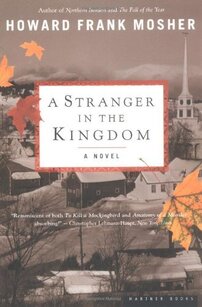
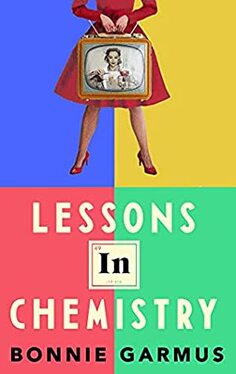
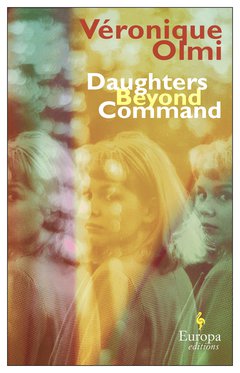
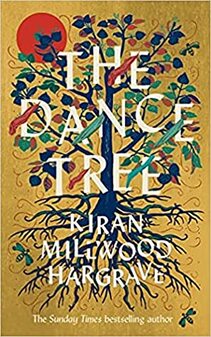
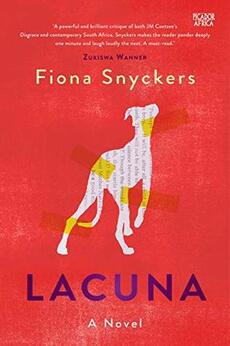

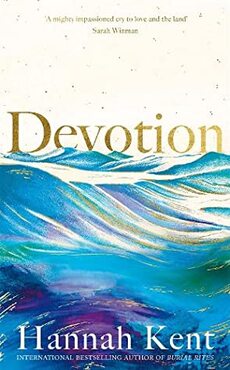
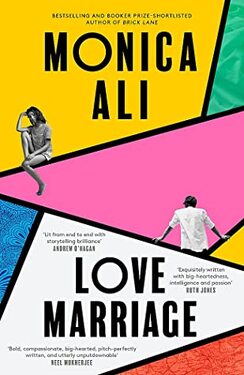
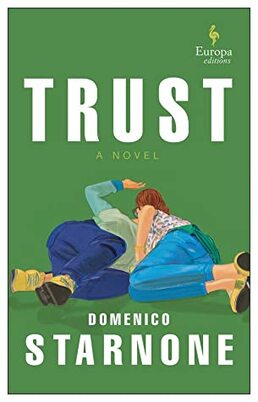
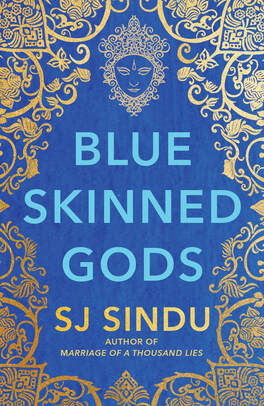

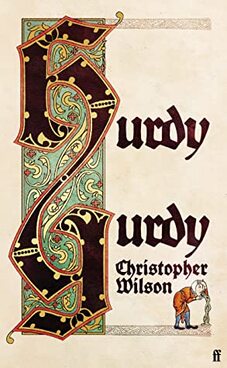
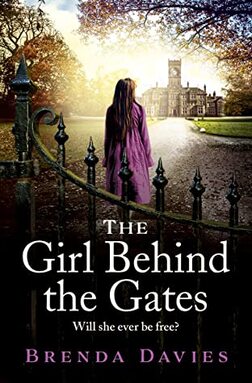
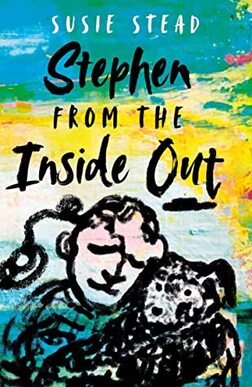
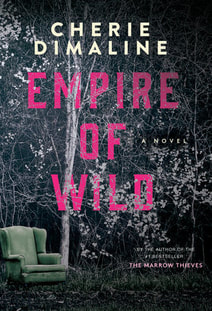
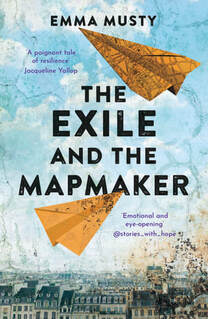
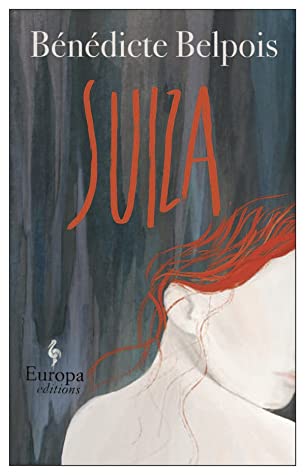
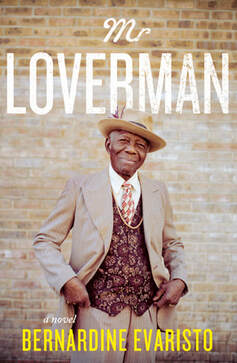
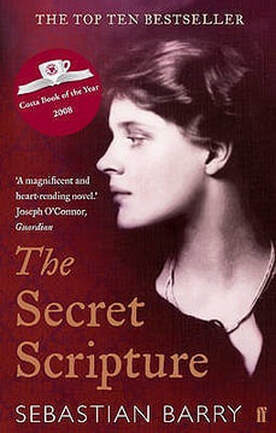
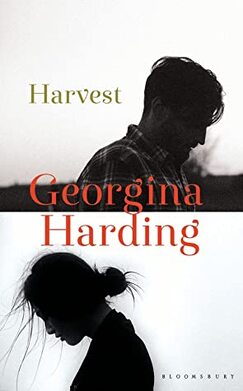
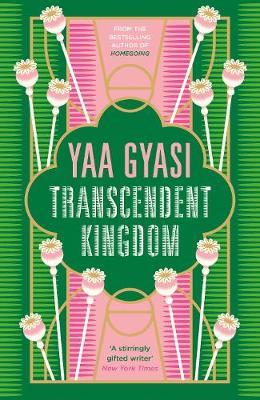
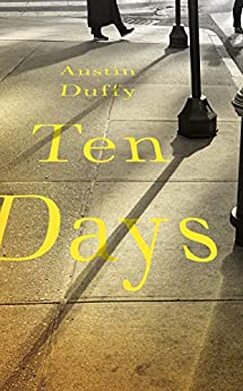
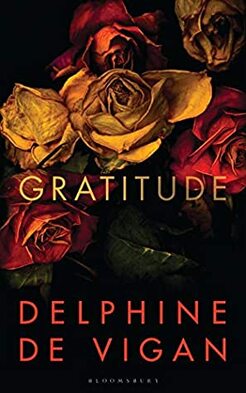
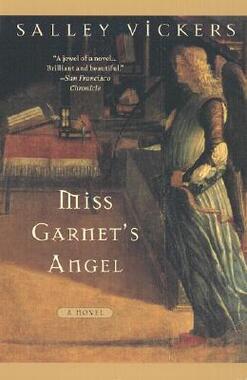
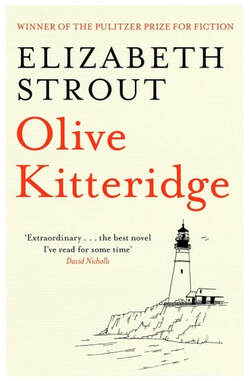
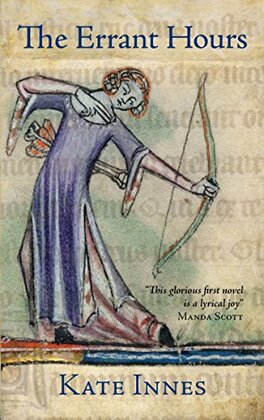
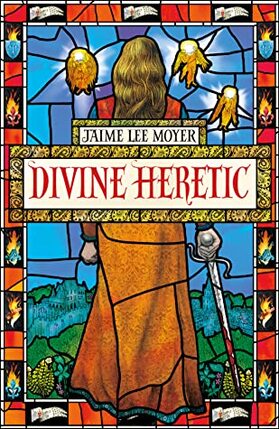
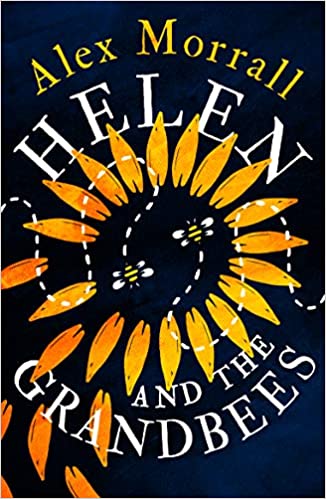
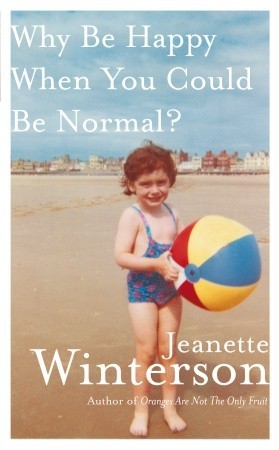
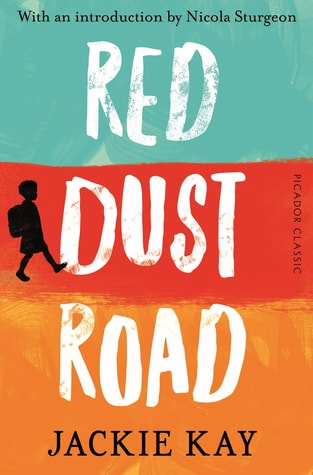

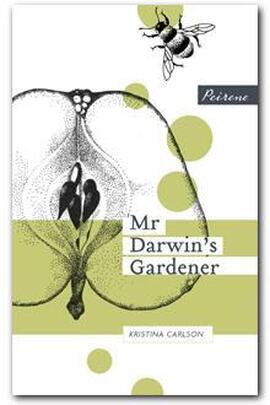
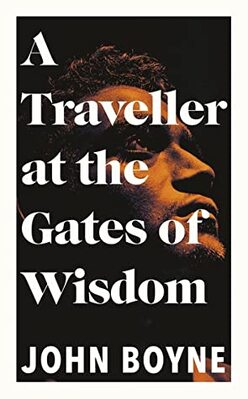
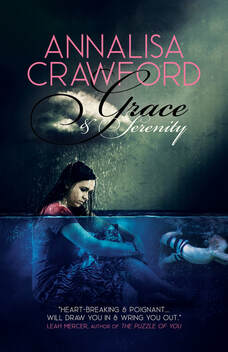
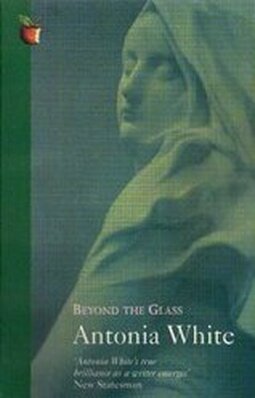
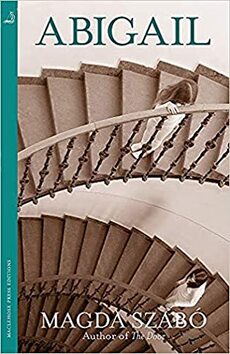
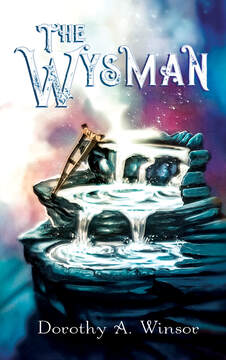
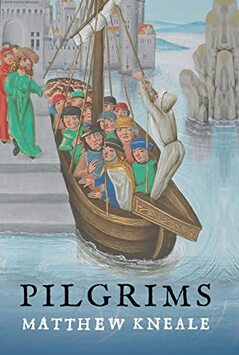
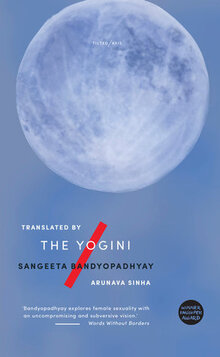
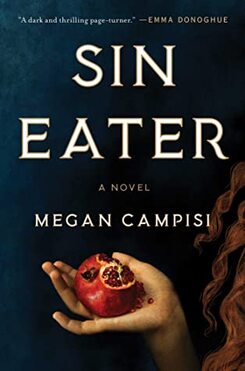
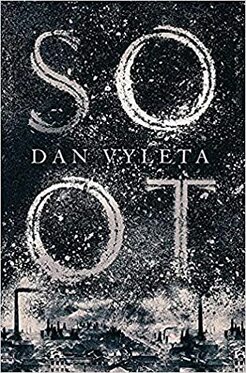
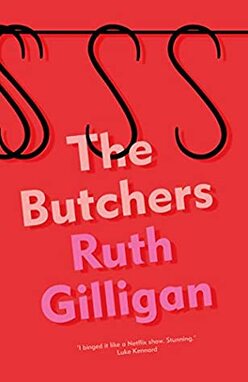
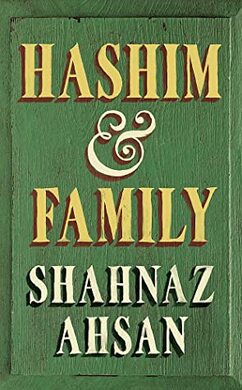
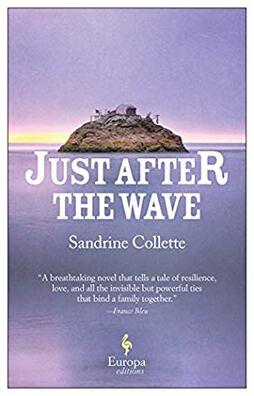
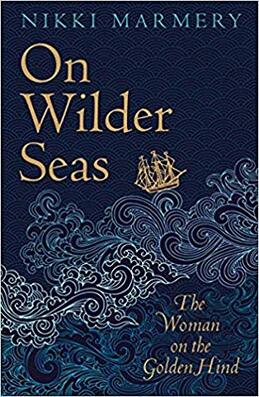
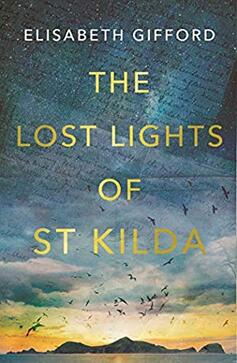
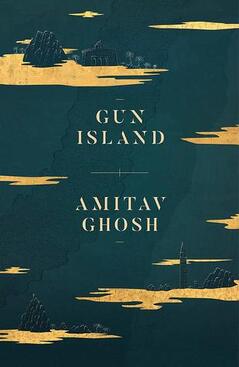
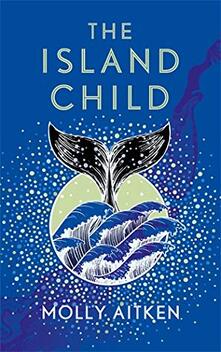
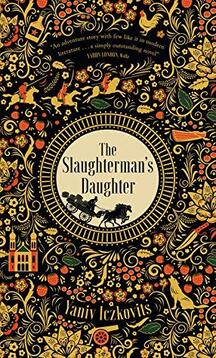





















 RSS Feed
RSS Feed





















